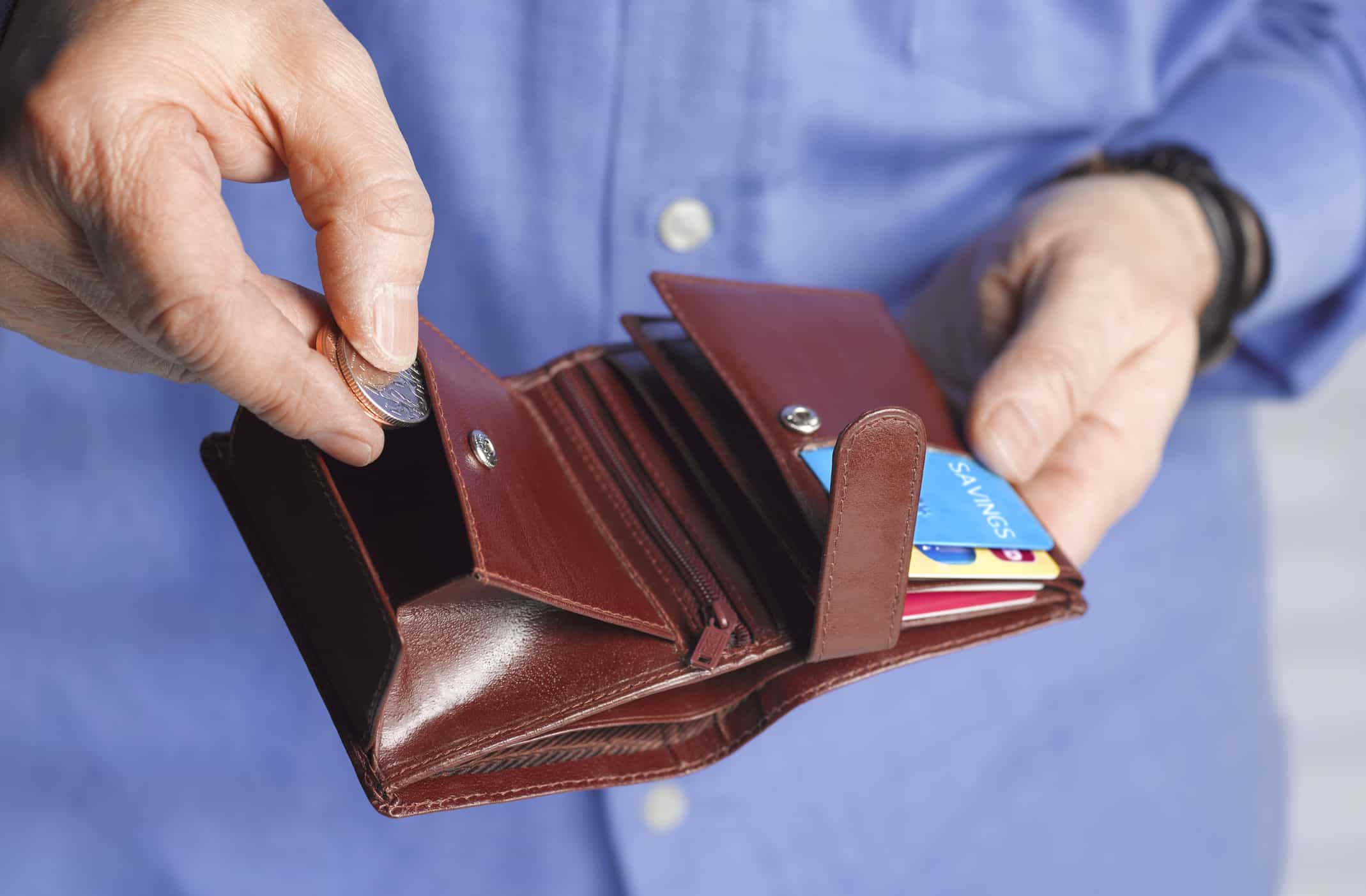You’ve got credit card questions, and we’ve got answers. Whether you’re new to credit, trying to determine how to use credit cards to move your financial life forward, or struggling with how to avoid credit card debt, this guide will show you the way.
What’s the difference between a credit card, a debit card, and a prepaid card?
A credit card is a revolving line of credit offered to you by a credit issuer, with the agreement that you will pay back the amount of the line you access each month plus any interest or other fees that apply. With a credit card, you are borrowing money from the credit issuer. Your account history, balance and payment history may be reported to major credit bureaus, like Equifax, Experian and Transunion.
A debit card is issued by your bank and linked to your checking or savings account; TransUnion says it’s like “a plastic check.” Because the money isn’t borrowed, it isn’t reported to credit bureaus.
A prepaid card allows you to pay with card using funds that have been loaded onto the card in advance (whether by you, an employer or a merchant). Like a debit card, it’s not borrowed money, and isn’t reported to credit bureaus.
Do I even need a credit card?
You don’t have to have a credit card, but it is a tool that helps you build the credit history you may one day need. If you want to be approved for a home mortgage or auto loan, or rent housing, for example, a credit check may be involved. CareerBuilder says nearly thirty percent of employers check an applicant’s credit as part of their hiring processes.
Credit cards can also offer consumer protections that protect you from fraudulent activity or merchant disputes. If you rent a car or check into a hotel room, you may be required to provide a credit card as a deposit for possible damages.
How do I get my first major credit card?
To get a credit card in your name without a parent or guardian co-signing on the account, you have to be least 18 years old and have proof of steady income. If you’ve been formally named as an authorized user on your parent, guardian or spouse’s credit cards, and/or have had store credit cards or a secured credit card in your name (and used them responsibly), you may be approved for an unsecured major credit card.
If you have little or no credit history, or have bad credit due to past financial mistakes, you may need to apply for a secured major credit card before you can be approved for an unsecured one.
What’s the difference between a secured credit card and an unsecured credit card?
Most secured credit cards require that you deposit money with the card issuer to open an account. The deposit is used to secure the credit line associated with your card. Some secured credit card issuers will match the credit limit to your deposit; others may issue one that’s slightly higher than your deposit. If you use the secured credit card as agreed, pay your bills on time and manage your monthly balance to remain below your credit limit, your secured credit card can slowly help you build a positive credit history.
If you decide to close the card once you’ve built the credit you need to open an unsecured credit card, the money you deposited to secure the line will be returned to you. Assuming the secured credit card is issued by Visa, MasterCard, American Express or Discover, you can use it at any merchant who accepts payments from these networks.
An unsecured credit card requires no upfront cash deposit; your credit history essentially acts as evidence that you’re a responsible borrower.
How does my credit card determine my credit score?
You may have several credit scores based on the specific formula each credit bureau uses to determine your credit score, but Equifax says it’s typically based on these factors:
- How many credit accounts you have and for how long
- The mix of credit account types (a mortgage loan versus a credit card, for example)
- How much of your available credit you use
- Your payment history
- How long you’ve had a credit history
With that in mind, your monthly credit card balances relative to the credit limit (balances should be kept as low as possible), monthly payments, amount of credit cards you have and for how long all tie directly to your credit score.
How much of my credit card bill should I pay each month?
You have to pay the minimum amount due every month; it’s the bare minimum payment required to keep the account in good standing. Your monthly payment amount can change each month based on your APR, and your credit card balance. Beyond that, pay as much as you can afford (ideally, the entire balance). You cannot be penalized by your card issuer for paying the balance in full.
How do I use a credit card without going into debt?
Credit cards will not put you in debt if you stick to this formula:
- Use your credit card to buy only what you can afford to pay for in cash
- Choose only credit cards that include a grace period so that interest rate charges do not apply to your daily balances
- Pay your card’s monthly balance in full by the payment due date
How do I avoid paying interest on a credit card?
If your card has a grace period, the Consumer Financial Protection Bureau says that you can avoid paying interest on purchases if you pay off your card balance in full each month, by the due date. If you pay less than the full balance but more than the minimum payment due, the card issuer is typically required to apply the overage beyond your minimum amount due to your highest interest rate balance.
What fees do I have to pay with a credit card?
Some credit cards charge application fees and annual fees, but not all do. Others may charge fees for specific transactions like a balance transfer, cash advance or a transaction made in a foreign country. Missed and late payments or a payment that “bounces” due to insufficient funds can trigger fees, too.
However, most (if not all) of these fees can be avoided. Make sure you understand the terms and conditions of your card agreement and choose a card that suits your needs without fees.
How can I find a low-interest card?
It starts with having a good credit score, which Experian says is typically 700 or higher, for a based on a 350 to 800 score range. When you have good credit, you’ll be more likely to be approved for a low-interest credit card. If you do, read the fine print to make sure you understand whether the low rate is temporary, how much will it increase once that time period passes and the types of transactions to which the rate applies.
Can my credit card interest rate change?
Yes—but only under certain circumstances. If your credit card uses a variable interest rate (and most do), your interest rate (or APR) is determined by “Prime,” plus some additional percentage. The prime rate is a short-term interest rate that determines what it costs the bank to borrow the money they need to offer credit or loans to their own customers. The prime rate is always subject to change. If the prime rate goes up, your credit card interest rate may increase, too. You’ll see your APR on your monthly credit card statement.
Since the CARD ACT came into effect nearly ten years ago, your creditor generally cannot increase the APR on your credit card account until it’s been open for a year. In addition, they cannot increase the APR on existing balances unless your account is 60 or more days past due.
What determines my credit card interest rate?
Card issuers determine your specific APR based on a number of factors, like the prime rate (mentioned above), your credit score, how valuable you are to them as a customer, and what number is competitive based on other credit card offers in the market.
Experian says you may be able to negotiate a lower rate if you’ve been a good and loyal customer and have received other lower rate offers from competitors to your card. If you think you’re eligible, call your card issuer to ask them to review your account and propose a new rate.



